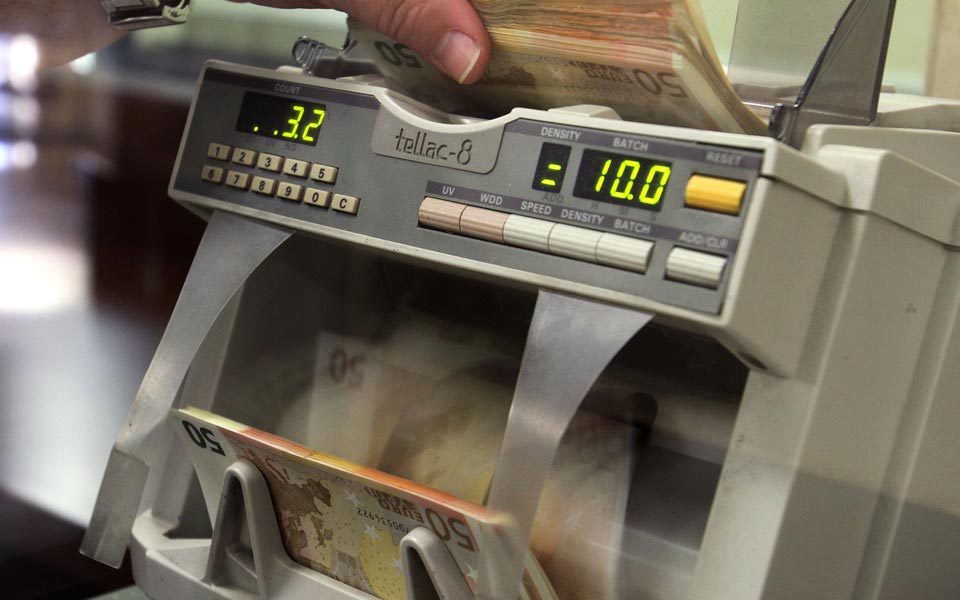Draft budget provides for 4.35 bln euros in fiscal measures for 2016

The first draft of the 2016 budget tabled on Monday by the government in Parliament provides for measures with a fiscal impact of 4.35 billion euros, of which 2.49 billion euros concern extra tax revenues and 1.2 billion euros will come from social security cuts.
Strangely enough, the budget shows that the government is aiming at an increase in public revenues, both through direct and indirect taxation, in a year when the economic recession will deepen and the nominal gross domestic product will be reduced significantly, by 1.3 percent.
The final draft, to be submitted in Parliament next month, will include the full amount of the new burden on farmers, enterprises and households, which will by far exceed the current sum of 2.49 billion in additional tax revenues.
The first draft provides for a 4.3 percent overall increase in direct taxation to 19.93 billion euros, though that also includes the last couple of installments of the 2015 Single Property Tax (ENFIA), due by end-February 2016. Indirect taxes will grow 3.3 percent from 2015 to 24.87 billion euros.
Revenues from privatizations are projected at 2 billion euros next year, the bulk of which is expected to come from the concession of the 14 regional airports – their one-off price is determined at 1.23 billion euros and will be likely paid by the winning bidder within 2016.
Expenditure will be reduced by 1.8 billion euros in 2016, with two-thirds of that coming from pension reductions and social security in general.
The draft budget also provides for the general government debt to come to 198 percent next year, and in this context the Finance Ministry is taking it for granted that the debt will be restructured again: “After the forthcoming restructuring of the Greek public debt, its basic characteristics are expected to improve further, regarding its average duration, the normalization of its payment rate, and the predictability, reduction and stabilization of the cost of its servicing, so as to render the debt further sustainable.”





